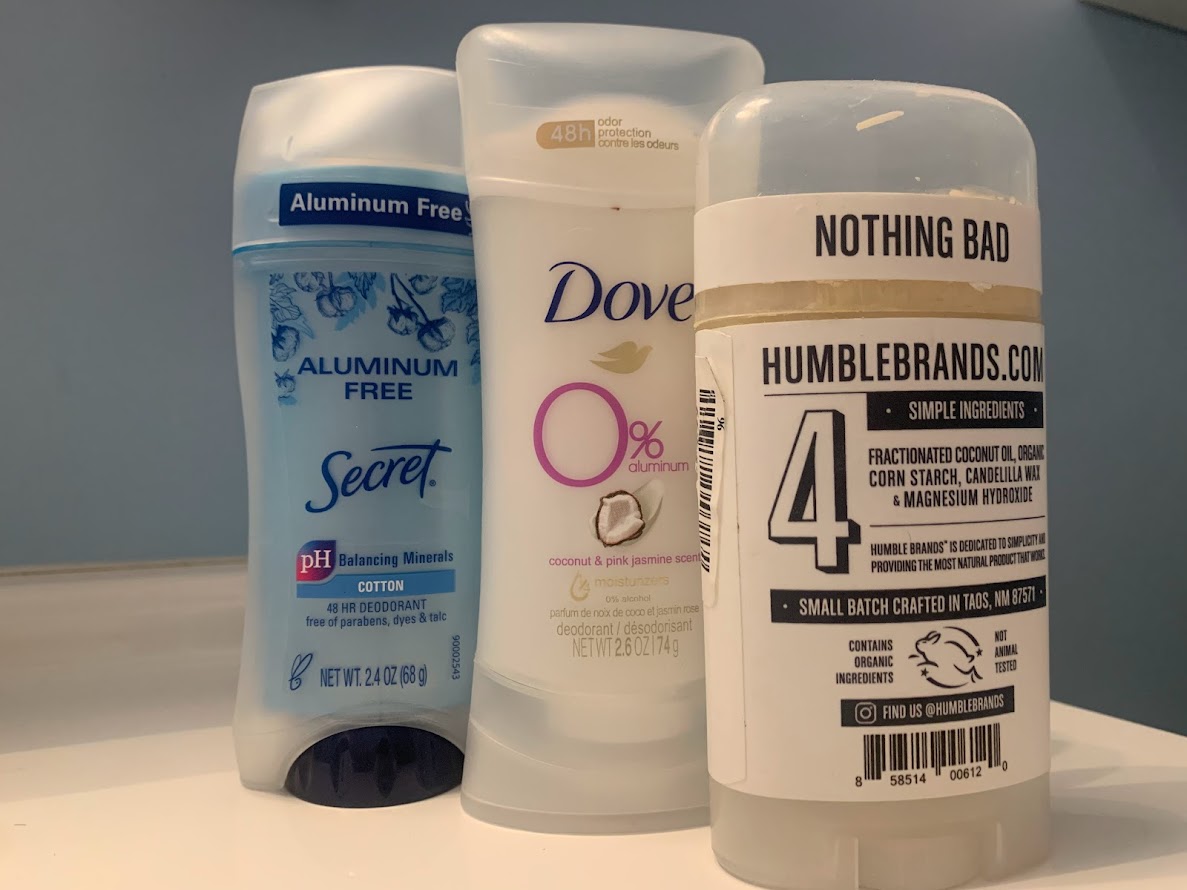People spend hours upon hours on the internet browsing news sites, Facebook, YouTube or any other websites. The internet is full of both real and fake things. There might be a 100% true article on the happenings in your city or a completely untrue hoax or scam. Hoaxes are just simply not true. Apple is not going to send you a free laptop because you answered some questions. Spamming your friends and family on social media won’t help a sick and dying child in a third-world country. Hoaxes and scams can be seen on almost any website, as an advertisement or a sidebar or be sent to you as an email.
Five Signs to Identify a Hoax
According to the website, Hoax Busters, there are five signs that identify an email is a hoax.
- Sense of Urgency- If the email has a sense of urgency, it’s probably a hoax. Usually including a lot of exclamation points and the letters are capitalized. The subject line might say something like “URGENT!!!” or “VIRUS ALERT!!!!!!”
- Spread the Word- The email might suggest you tell your friends and family this “crucial information.”
- “This is not a hoax”- An email might include a “quote” from an executive from a major corporation, government official, or someone else important. For example it might say something like: “My neighbor, who works for Microsoft, just received this warning so I know it’s true….”
- Drastic Consequences- The email will predict consequences if the receiver does not react immediately.
- History- Look for a lot of >>>> in the left margin. This indicates that people fell for this scam before being forwarded.
Snopes is a website dedicated to “outing” hoaxes and other rumors revealed on the internet. Don’t always trust this website, sometimes a spam email will include a link to this website trying to convince the receiver that the email isn’t a hoax.
There are a few recent internet hoaxes that have caused a big stir.

Halloween Quarantine labeled as a Hoax clearing kids for Halloween fun.
Halloween Quarantine
On October 28, 2014, The Daily Currant published an article explaining how Chris Christie, Governor of New Jersey, banned Halloween activities due to the recent Ebola outbreak.
Due to the international concern about the Ebola epidemic, Christie’s aggressive attempts to keep travelers quarantined, and the rescheduling of Halloween activities back in 2012 because of Hurricane Sandy the claim seemed conceivable . The article referred to comments Christie made in a press conference: “Look I have the right to quarantine anyone I want at any time I want. The kids can trick or treat next year. That’s if Ebola doesn’t take them out first.”
This article is just another fake article the website is known for. In the “About” section of the website it clearly states:“Our stories are purely fictional. However they are meant to address real-world issues through satire and often refer and link to real events happening in the world.”
With the creation of the social network Facebook in 2004, internet scammers had a whole new place to target naive users. “Internet scammers are increasingly using Facebook as a means of connecting with potential victims,” stated Hoax Slayer website about Facebook scams.
While Facebook is a good way to spread news fast it is also an effective way to spread rumors, misinformation, and hoaxes.
One of the most common things users see on Facebook is posts that say “1 like= 1 prayer” or something else like that. This scam is designed to accumulate likes for a Facebook page and promote the page via shares. There is a good chance the photo being used has been stolen from a personal Facebook profile. Liking the picture doesn’t do anything for whoever or whatever is in the picture. Users shouldn’t like or share it, they should report it.
There are also scams on Facebook that say “Sign up for this and win a $20 coupon to this store.” There is a good chance there might be a virus or

Facebook gives you an “opportunity” to get a $140 gift card.
something else connected to these ads. It’s a users best bet to not click these posts to avoid infecting their computer with any type of virus but if a user does click it, hopefully there is some type of security software on the computer and will protect it.
There is no way to tell whether these are real or not when looking . Users have to just hope whatever security software they have will do its job.
Heart Wrenching Scam
Scammers know what emotions to hit in order to have users fall into their trap. Heartbreaking and heart warming stories are definitely good emotions to hit.
There is a circulating story on the internet claiming that by some miracle a stray dog saved a newborn baby. This, however, is untrue but is based on an incident that occurred in Kenya back in 2005. According to news reports, a dog brought a baby back to her litter of puppies. Although the details of the rescue are a bit hazy.
Even though, something like this has happened, the circulating story on the internet has no connection to the event in Kenya.
Health Scares
Nothing scares people more then when human health is being threatened. It seems people will believe anything they see or read if it pertains to their health.
There have been claims that canned fruit from Thailand was contaminated with the HIV virus. Once again these claims are untrue.
According to HoaxSlayer, “The message further claims that the Thai Government’s Ministry of Health has confirmed the contamination story.” However the claim was completely false, there is no credible reports to confirm these claims. In fact, the Thai government has denied such an incident and have ruled the rumors as false.
To further prove that this is a rumor, the CDC (Center of Disease Control and Prevention) released a statement saying “Scientists and medical authorities agree that HIV does not survive well outside the body, making the possibility of environmental transmission remote.”
Death Hoax
According to the internet, people are constantly posting on different social networks about how celebrities like Jackie Chan, Sylvester Stallone, and John Cena have all died.

Suit and tie ready, Stallone poses for a picture
It was reported in June 2013 that Jackie Chan died while filming a movie in Austria. In August 2014, there were posts on Facebook and Twitter claiming Sylvester Stallone had died in a car accident in Australia. In September 2012, claims that John Cena fell off a cliff in New Zealand were circulating. Contrary to what you might read on the internet, all these celebrities are currently alive.
The main stem for all these rumors seems to be coming from a “fake news” generator call MediaFetcher. MediaFetcher allows a user to plug in a celebrity’s name and generate a news story about the celebrity’s recent death.
The original hoax states “Actor Sylvester Stallone died in a single vehicle crash between Ipswich and Willowbank in Queensland as confirmed by Royal Queensland Police – August 25, 2014. The accident occurred at approximately 5:30 a.m. (UTC/GMT +10). Sylvester Stallone is believed to have been in the area while on vacation. He was identified by photo ID found at the scene. Alcohol and drugs do not appear to have been a factor in this accident.”
Although all these rumors might suggest Stallone has passed away, he is still alive and well.
To sum it up, do your research before you post something or like something on social media. You might be inadvertently spreading a hoax.











